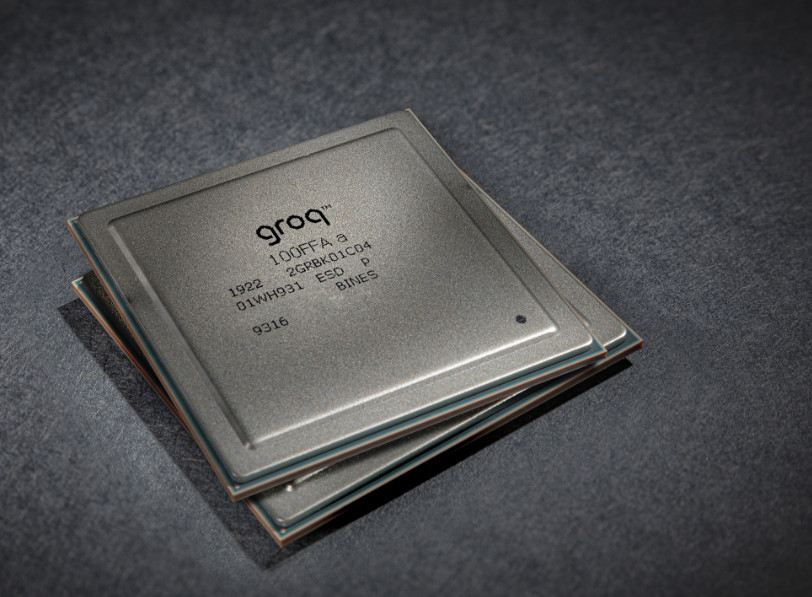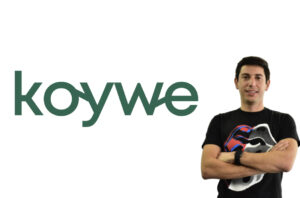
Por Contxto
March 3, 2024
In a bold play that signals its ambitions in the AI hardware space, Groq has thrown down the gauntlet with the launch of Groq Systems and the strategic acquisition of Definitive Intelligence.
Groq, once a shadowy figure in the tech world, emerged with a vision to outpace traditional hardware with its AI chips, designed to speed through generative AI tasks at breakneck speeds. This new division, Groq Systems, is setting its sights not just on the tech industry’s giants but also on government agencies, offering a tantalizing promise: to revolutionize data center capabilities with Groq’s cutting-edge processors.
Enter Definitive Intelligence, a Palo Alto gem with a knack for crafting AI solutions that speak directly to the business world’s needs. From chatbots that can almost read your mind to data analytics tools that predict your next question, Definitive was ripe for the picking. Groq’s acquisition brings Sunny Madra, Definitive’s CEO, into the fold as the leader of GroqCloud. This move isn’t just about adding another notch on Groq’s belt; it’s a clear message that Groq is serious about owning the AI infrastructure space, leveraging Definitive’s arsenal of GenAI products and a $25.5 million war chest from venture capital.
What makes this merger a game-changer is Groq’s secret sauce: the LPU, or language processing unit. Imagine processing the world’s most complex language models, like those powering ChatGPT, at speeds that leave conventional hardware in the dust. Groq claims its LPU can do just that, at ten times the usual speed. It’s a bold claim, backed by Groq CEO Jonathan Ross, whose resume includes co-inventing Google’s tensor processing unit (TPU). With Definitive Intelligence now in its corner, Groq is not just aiming to compete in the AI chip market; it’s positioning itself as the go-to for developers and organizations chasing the generative AI dream.

Por Yanin Alfaro
January 29, 2026

Por Stiven Cartagena
October 28, 2025

Por Contxto
June 3, 2024